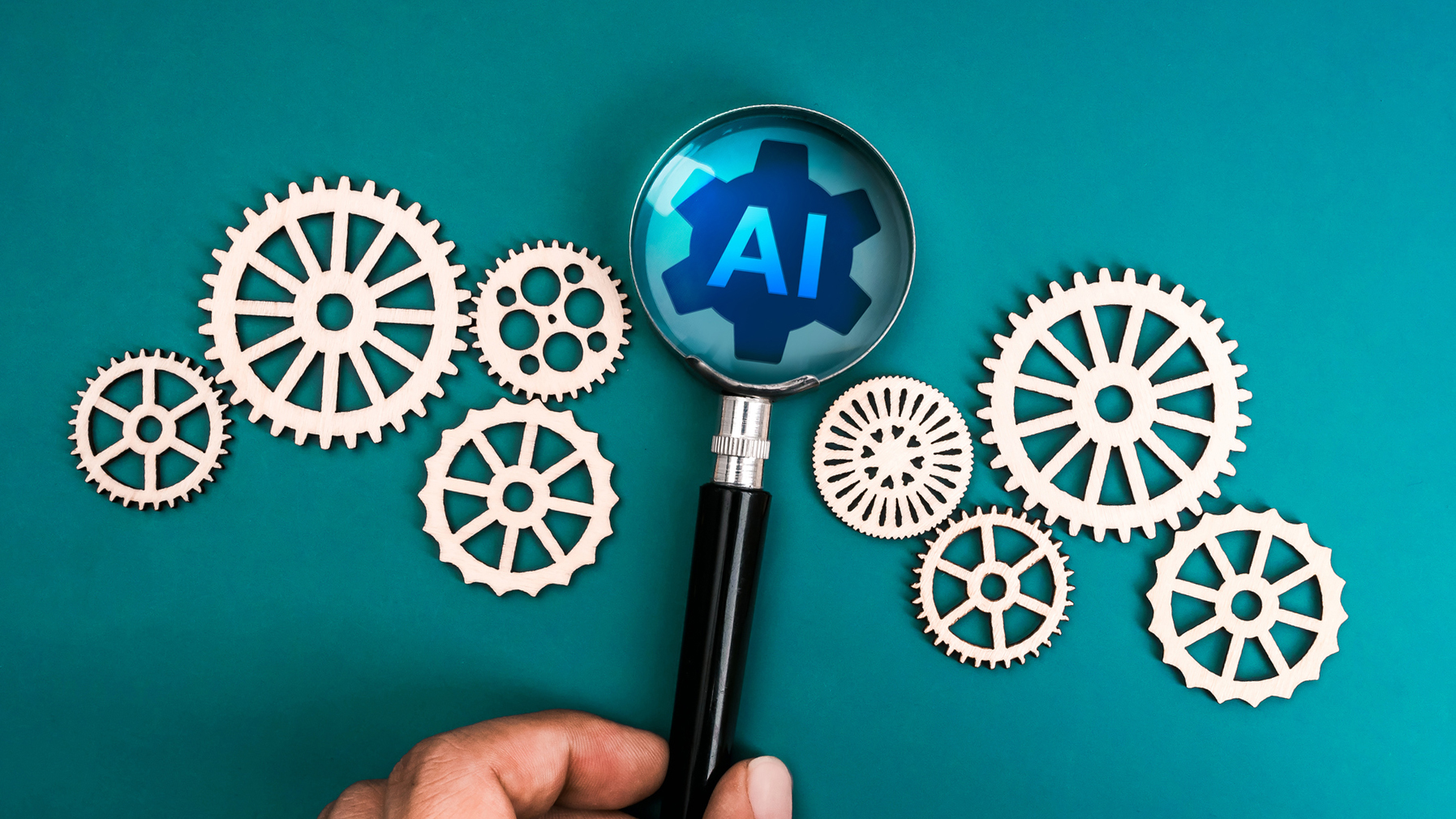Hey Siri, How do I Optimize SEO for AI?
Nearly 69% of Google searches so far in 2025 ended without a click as AI overviews deliver instant answers. Generative AI is transforming how people get information from search engines and how businesses need to approach content visibility. Traditional SEO isn’t enough for your content to be found.
Generative Engine Optimization (GEO) is the new approach in search engine visibility in the AI age. You can think of GEO as an extension of SEO principles that you (might) already know.
Some differences between GEO and SEO:
| GEO focuses on | SEO focuses on |
| Strong content accuracy | Keywords and placement |
| Quality sources cited | Structure and length of content |
| Reputation and authority | Optimization of metadata |
| Content depth and author expertise | Quantity of backlinks |
AI is changing how search engines display content and making visibility more competitive. AI-driven systems present fewer results as they prioritize the most relevant content. This is why GEO is essential for visibility.
Here are a few of our observations of GEO optimization practices for website content that can help increase visibility.
GEO Optimization Tips
Understand User Intent. AI search engines favor content that satisfies user queries. Consider the context, motivation and pain points behind their search and then craft tailored, high-quality content that directly meets your audience’s needs and questions.
Write content for AI-driven prompts. Identify real questions your target audience has about your product or service and then build your content to answer those inquiries.
Clarity and structure. Clear, easy to read conversational language is preferred by AI models, and not surprisingly––humans! Your content should be organized, skimmable and clearly summarized.
Use structured formats.
- FAQ with direct answers
- Bullet points and numbered lists
- Clear headings and subheadings
- Bold or highlighted text for important points
Demonstrate E-E-A-T. Content written with Experience, Expertise, Authoritativeness and Trustworthiness influences how AI and search engines rank your website.
- Experience incorporates firsthand knowledge in the content.
- Expertise is evaluated by credible knowledge in the subject matter. Think credentials, licenses and professional affiliations.
- Authoritativeness is content built around research and reputable sources. Authority is earned when reputable sources recognize you as the expert with backlinks, mentions from industry leaders or press coverage.
- Trustworthiness is transparent, accurate content on a secure website.
Technical GEO practices
Let crawlers crawl. AI crawlers need special permission from you to access your content. Set up your robots.txt file to invite them in. This tip is a little more technical, but we can help.
Schema Markup. Speak directly to search engines with machine-readable code, schema markup. When schema markup is added to website pages it helps search engines understand content and context.
Site Architecture. Use a logical URL structure and organize content into categories that make sense. A Coffee website could be arranged as Coffee Beans > New Arrivals > Kona Coffee. Having a hierarchy helps search engines translate context.
The tips we’ve shared so far just scratch the surface in GEO best practices. There’s much more to explore when it comes Generative Engine Optimization. If you leave here with one takeaway, let it be this: AI optimization is essentially about creating high-quality content that answers user questions and provides value.
AI will continue to reshape how your target audience finds information online, will they find your website? If you need help navigating the complexities of AI-powered search, we can help! Send us an email at This email address is being protected from spambots. You need JavaScript enabled to view it. or call us at 608-240-9611.
